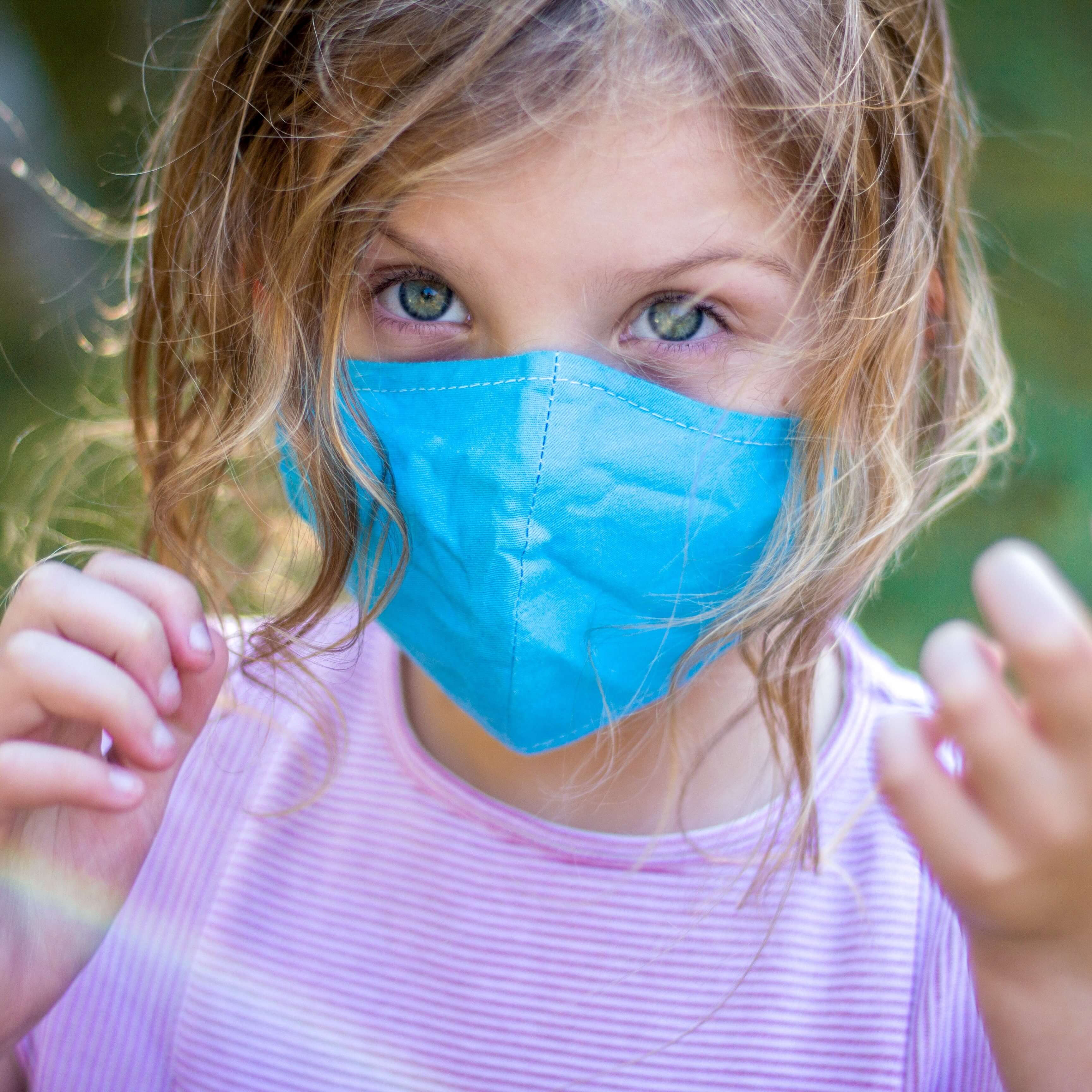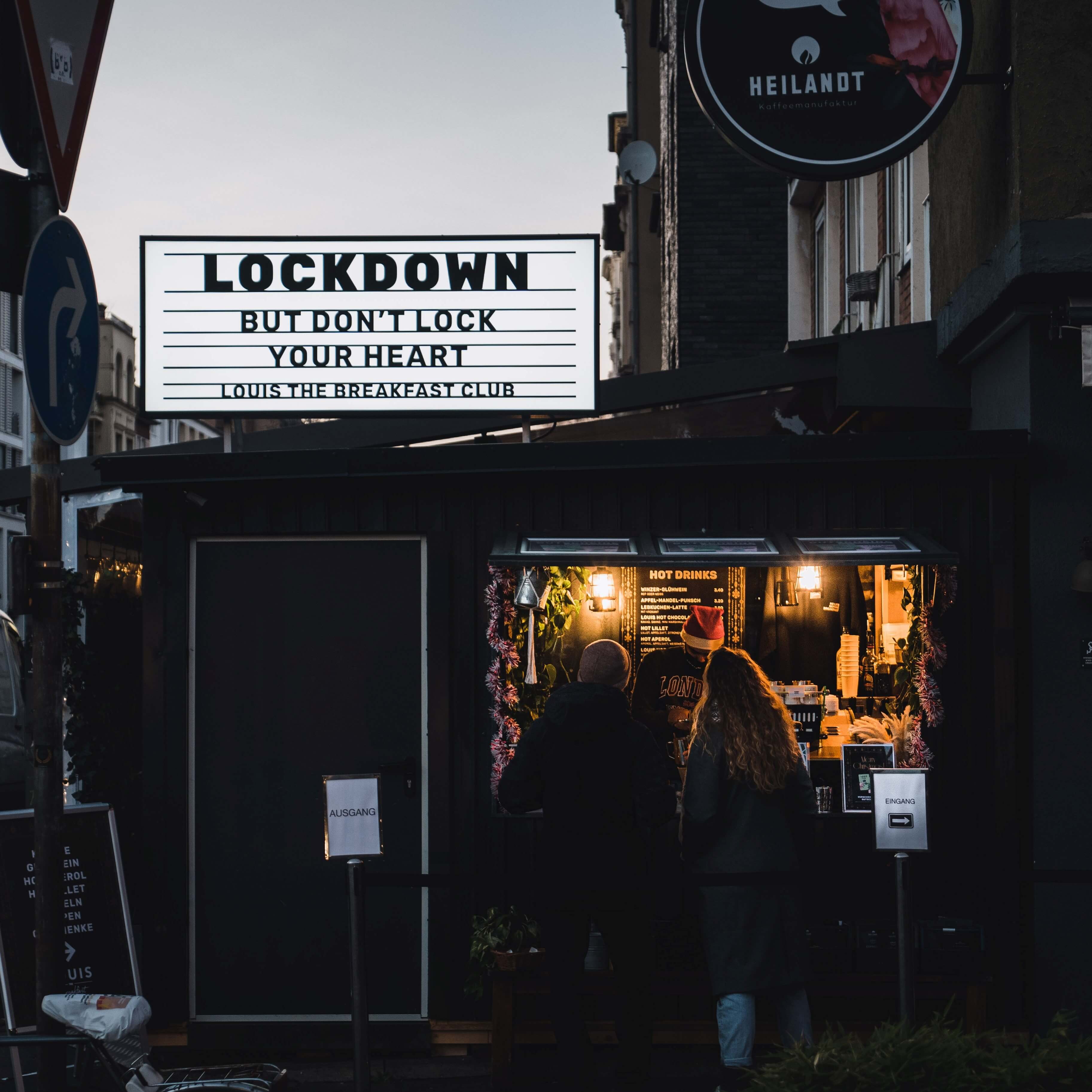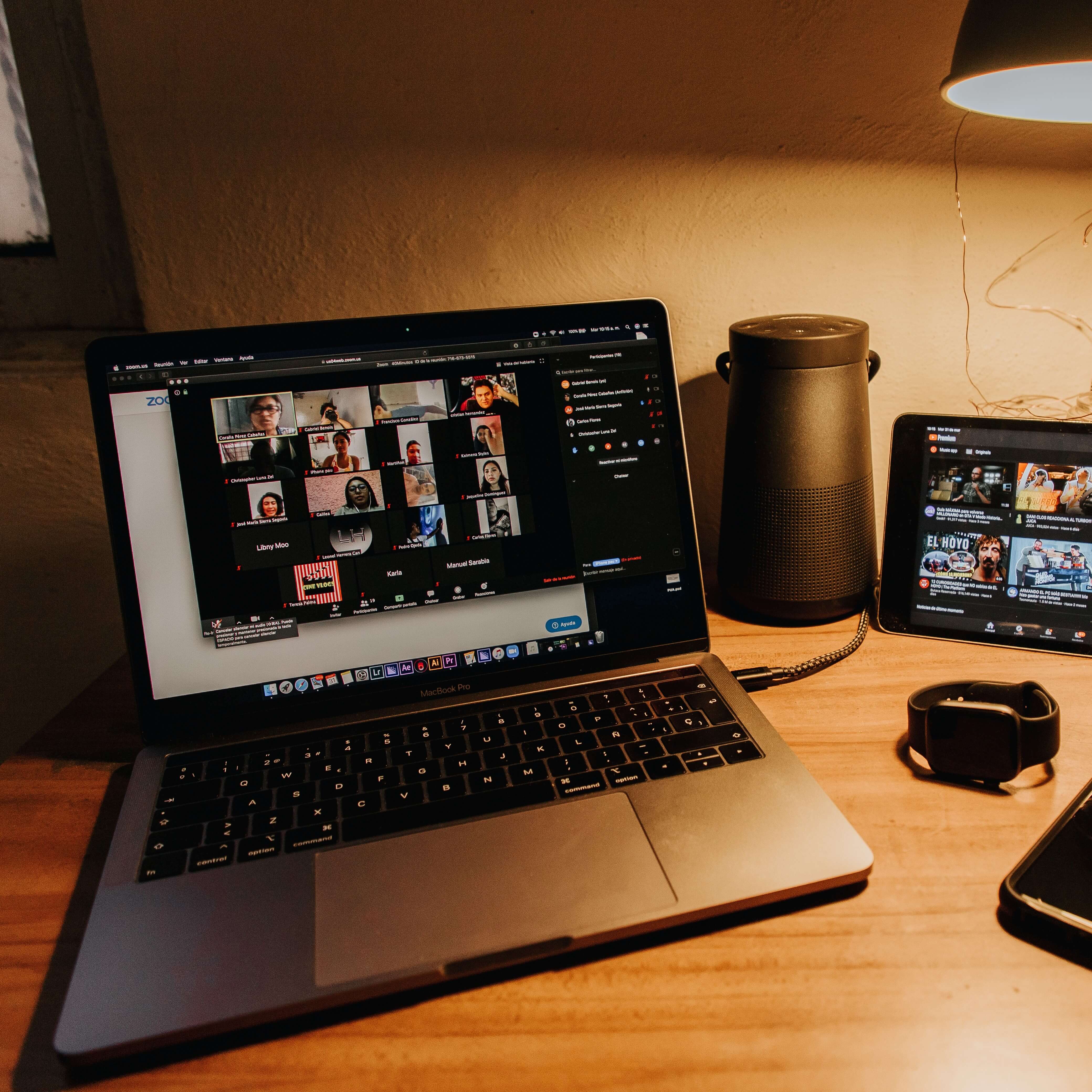
What Are Saliva Tests for COVID-19?
If you are just catching wind of the spit test for COVID-19 and want to learn more, you have come to the right blog post!
Saliva testing for COVID-19 is a relatively new and promising diagnostic method that offers several advantages over other testing methods.
In this article, we'll go over the benefits and drawbacks of the SARS-CoV-2 virus saliva tests and the variables that may affect their accuracy. Let's begin!
Saliva Testing for COVID

Saliva testing for COVID-19 is a diagnostic method that involves collecting and analysing a sample of a person's oral fluids for the presence of the virus.
The test is less invasive than other methods, such as nasal or throat swab tests, and can be administered more efficiently and comfortably.
A study published in the American Society for Microbiology found that saliva testing had a sensitivity of 96.7% and a specificity of 99.4%, meaning that it accurately identified 96.7% of infected individuals and correctly ruled out 99.4% of uninfected individuals.
PCR saliva test is more cost-effective than other diagnostic methods, as it does not require specialised equipment or trained personnel to collect the samples.
Just like the Healgen COVID test or FlowFlex antigen test, spit tests can also be self-administered, which can be beneficial when you need to minimize contacting healthcare workers.
However, there are still some limitations to saliva testing. For example, it may not be as effective in detecting the virus in asymptomatic individuals or with mild symptoms. Additionally, the long-term stability of the virus in saliva samples is still under consideration, and further research is needed to determine the optimal methods for collecting and storing saliva samples.
Advantages of Saliva Testing for COVID
Compared to other diagnostic methods, saliva testing for COVID-19 offers several benefits.
The fact that it is non-invasive is one of these advantages. It does not require inserting a swab into the nose or throat, unlike other tests like nasal or throat swab testing.
This may be uncomfortable for some people and raise the risk of infection for the medical professionals doing the test.
Saliva testing for Covid-19 is also easy to collect. Since the patient at home may collect saliva samples, qualified healthcare personnel are not required to perform the test. This may lessen the burden on healthcare systems and enable the administration of more tests each day. Furthermore, it doesn't require PPE (Personal Protective Equipment) during sample collection, making it safer for both the sample collector and the tester.
Affordability is yet another advantage. Producing the test and collecting the sample are less expensive. This can help to make testing more affordable and accessible for individuals who may not have the resources to pay for more expensive tests.
Disadvantages of Saliva Testing for COVID
While saliva testing for COVID-19 offers several advantages, there are also some potential disadvantages to consider.
One of the main drawbacks is that saliva testing is still an emerging technology and has yet to be widely available. This implies that it could only be available to some, particularly in places with limited testing resources.
Saliva testing may not be as accurate as COVID-19 testing methods like nose or throat swabs, which is another concern.
Even though studies have shown that saliva tests are very effective in detecting the presence of COVID-19, the accuracy may be impacted by some factors we'll discuss later in this article.
Another potential disadvantage is that a COVID-19 spit test may not be as effective at detecting asymptomatic cases of COVID-19. While it can identify individuals actively shedding the virus, it may not be as effective at identifying infected patients yet showing symptoms. This could lead to missed cases and further spread of the virus.
It's also worth noting that saliva testing may not be as reliable in specific demographics, including children or older adults. This is because the amount of virus in the saliva may be lower in these populations, which could lead to false negative results.
Factors That Can Impact Testing Accuracy
The accuracy of a saliva test might be affected by some variables. The usage of certain medications, such as steroid nasal sprays, decongestant nasal sprays, and sore throat lozenges, is one of the key contributing factors.
These drugs may alter salivary pH levels, which might provide unreliable readings.
Smoking is another concern that may influence how accurate a saliva test is. The saliva composition may change due to nicotine and other compounds in cigarettes, which can provide unreliable findings.
Additionally, the accuracy of a saliva test might be impacted by blood in the mouth. Blood may thin saliva and change its chemical makeup, which might provide unreliable findings.
The patients' use of certain toothpaste and mouthwash is another concern. Both of these products have the potential to change the pH of saliva, which might provide unreliable results. Doctors advise you to wait an hour before conducting a saliva test before brushing your teeth or using mouthwash.
It's crucial to remember that some saliva tests are more susceptible to these variables than others, and some may call for extra care to ensure accurate findings. Therefore, it's a good idea to speak with a healthcare provider to see what safety measures you need to take before taking them.
Where to Find Saliva Tests for COVID-19?
Saliva tests for COVID-19 are becoming more widely accessible in the UK. However, the availability may vary according to the area and testing options. You may get saliva testing for COVID-19 at the following locations:
- Local test facilities
- Saliva test kits may also be provided to students or workers by certain businesses or educational institutions. Remember, you can order lateral flow tests for business as well.
- Also, if you are eligible, you can order home testing kits online via the following government website https://www.gov.uk/order-coronavirus-rapid-lateral-flow-tests
- GP surgeries and pharmacists may also have access to lateral flow tests
The accessibility and availability of COVID-19 tests may change quickly, so it's a good idea to contact your local health department or healthcare practitioner for the most recent details on testing availability in your region. Check the cost and availability of saliva tests in your region, since the NHS may not cover all medical examinations.



